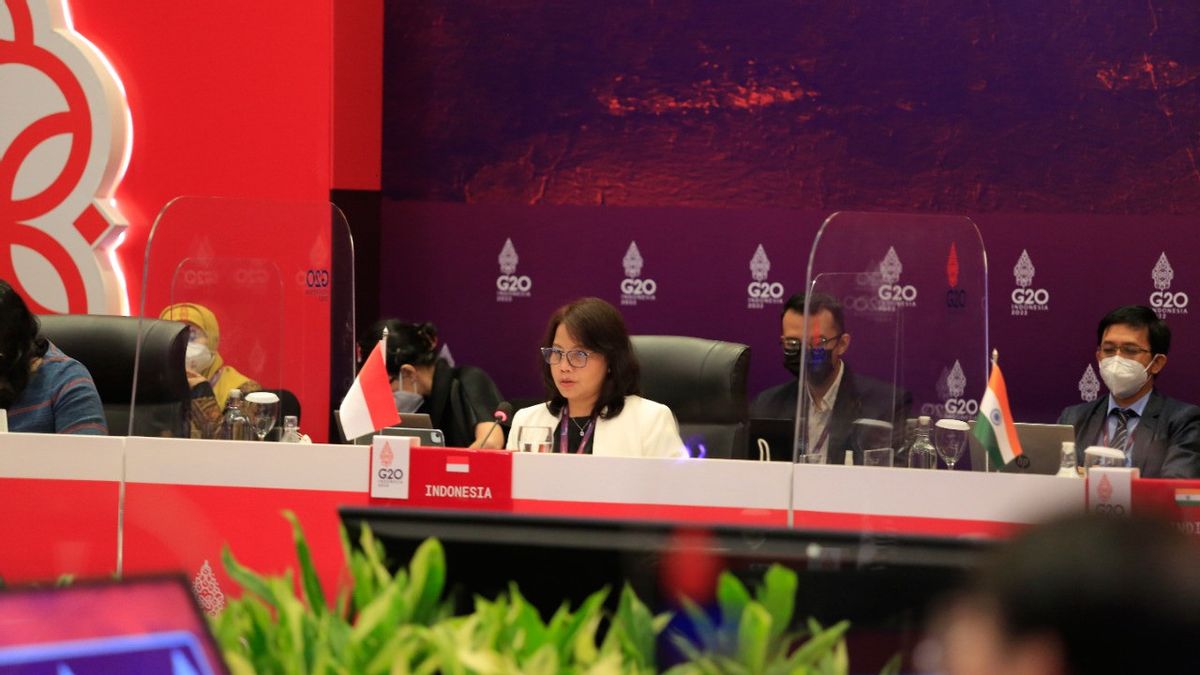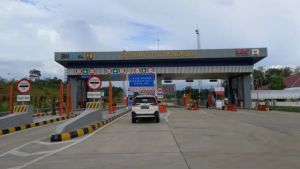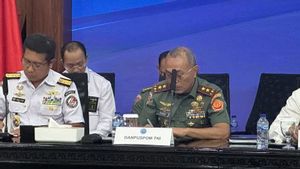JAKARTA – The second meeting of the G20 Finance Ministers and Central Bank Governors entitled 2nd Framework Working Group (SWG) which took place in Bali this week focused on the current global economic situation and priority areas for macroeconomic impacts from climate change and the scarring effect.
On the first day of the event on Wednesday, May 25, commitments were made for various risks to the global economy that continued to increase, especially those triggered by the war in Ukraine, persistent high global inflationary pressures, and the impact of tightening monetary policy in many countries.
Head of the Regional and Bilateral Center of the Ministry of Finance, Nella Sri Hendriyetty, said that one of the views that emerged in the discussion was the need for world awareness of the threat of food and energy security that could potentially hamper economic recovery and suppress welfare for various countries.
"In this study, the members realized the need for sustainable global coordination to overcome these challenges," he said in an official statement on Thursday, May 26.
Meanwhile, at today's meeting, the main issue to be discussed is the impact of climate change on the macro economy and its mitigation efforts.
According to Nella, collective action is needed from member countries to mitigate climate change while taking into account the specific conditions of each country.
"The Indonesian presidency at the G20 emphasized that the initial findings of the survey results regarding the exit strategy and scarring effect to support recovery are the member countries' plans to gradually stop policy support in the context of handling the COVID-19 pandemic, including tax stimulus," he said.
Furthermore, Nella revealed that several factors were considered for implementing the strategy, including the improvement in the pandemic situation, economic recovery, increasing productivity, increasing income, and improving labor market conditions.
On the same occasion, the representative from India who also acts as co-chair Anantha Nageswaran underlined that among the various impacts of the pandemic, the most concerning is the scarring effect on aspects of education and the quality of human resources.
"In the future, FWG will continue to monitor the global economic situation and its various risks. The FWG will also encourage discussions and synergies between G20 member countries to overcome various challenges to realize a strong, sustainable, balanced and inclusive global economic recovery," he said.
Meanwhile, the results of the 2nd FWG meeting will be one of the inputs for the third meeting of the Minister of Finance and Central Bank Governors (3rd FMCBG) which will be held in July.
This meeting was held in a hybrid format and attended by all G20 members, invited countries, as well as international organizations, such as the International Monetary Fund (IMF), Organization for Economic Cooperation and Development (OECD), World Trade Organization (WTO), World Bank, and Bank for International Settlements (BIS).
During the meeting, several external speakers from academics and market players were also present who also provided various perspectives on the issues that were the focus of the discussion.
The English, Chinese, Japanese, Arabic, and French versions are automatically generated by the AI. So there may still be inaccuracies in translating, please always see Indonesian as our main language. (system supported by DigitalSiber.id)








